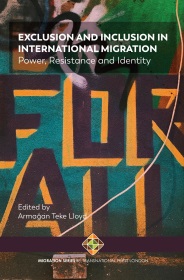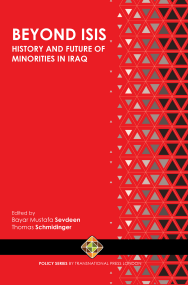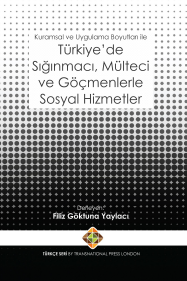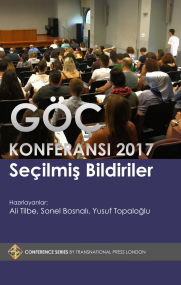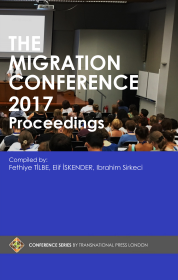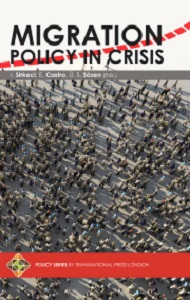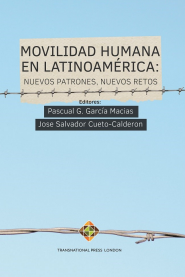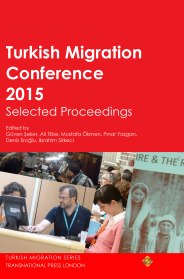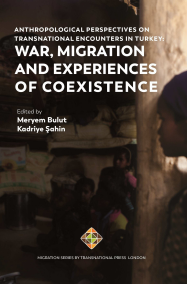
“THE GUEST DOESN’T LIKE ANOTHER GUEST, AND THE HOST LIKES NEITHER'': SOMALI REFUGEES FORGOTTEN IN A SATELLITE TOWN
Without doubt, every migratory wave begets serious problems with many dimensions in the fields of education, employment, integration, or gender issues. A recent mass migratory move, if more numerous, can cause delays in policies towards an older refugee group. The Syrian war and the subsequent mass migration towards Turkey channeled both academic and administrative focus towards this group. As the transformative power of migration increases, so does the academic interest in this topic. In this respect, we can understand the abundance of research on Syrians compared to the paucity of studies on African refugees as a reflection of the size and impact of the Syrian stock and flows.
More...
